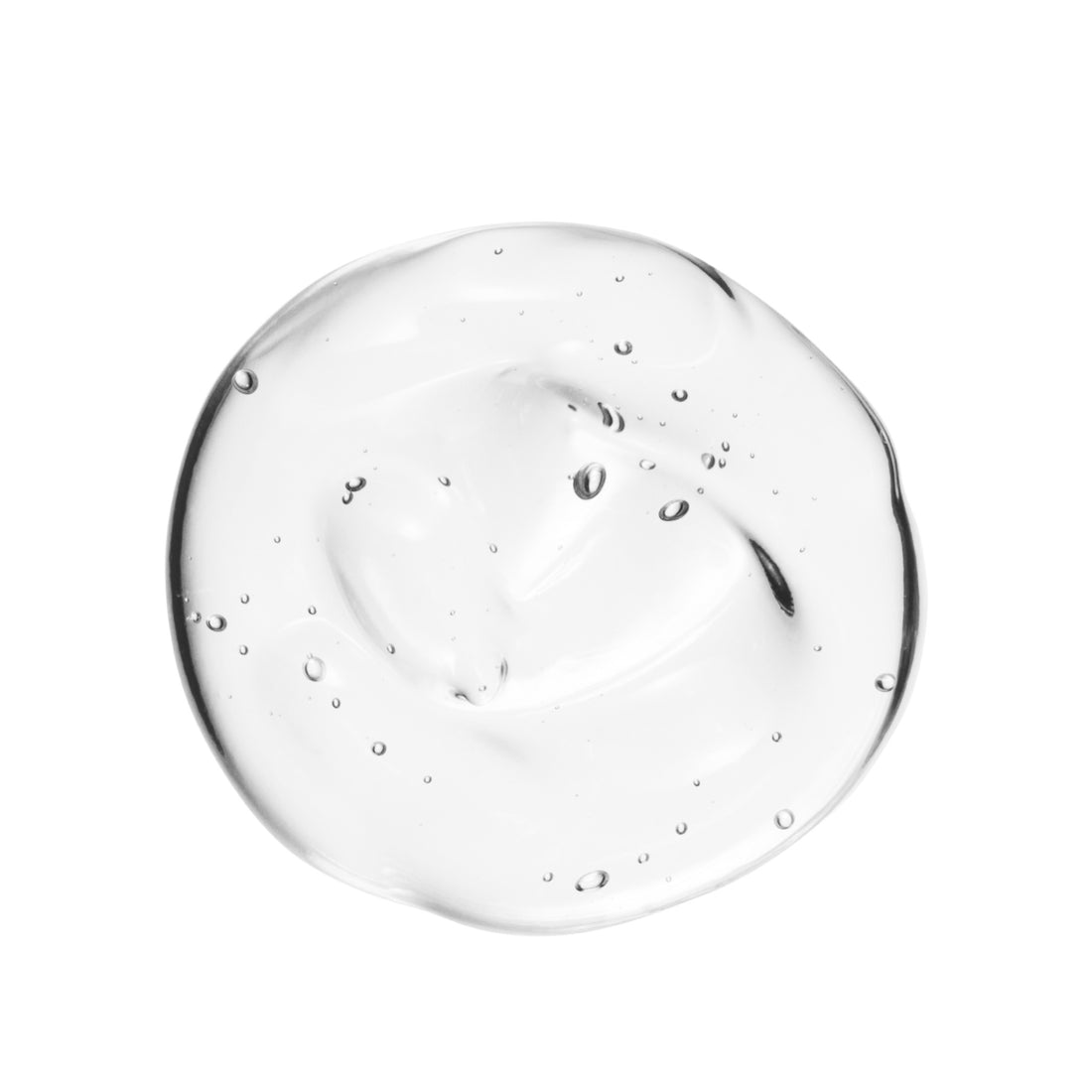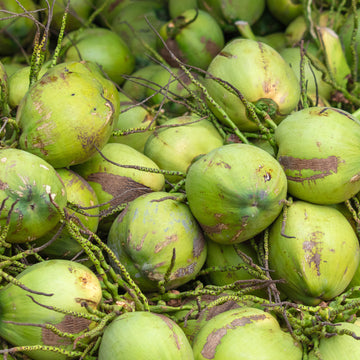
Vegetable Glycerine
Vegetable glycerine, also known as glycerol or glycerin, is a multifunctional ingredient widely used in personal care products, food items, and various industrial applications. This natural compound offers numerous benefits while maintaining a favorable safety profile.
What is Vegetable Glycerine?
Vegetable glycerine is a clear, colorless, and odorless liquid with a sweet taste. It's a natural compound derived from plant oils, known for its humectant properties and versatility in various formulations.
How is Vegetable Glycerine Made?
Vegetable glycerine is produced through a process that involves plant-based oils:
- The most common sources are coconut oil, palm oil, or soybean oil.
- These oils undergo a hydrolysis process, where they react with water under high pressure and temperature.
- This reaction breaks down the triglycerides in the oils, producing fatty acids and glycerol.
- The glycerol is then further purified and concentrated to create vegetable glycerine.
What Does Vegetable Glycerine Do?
Vegetable glycerine boasts several beneficial properties that make it valuable in various applications:
- Moisturizing: It attracts and retains moisture, making it excellent for skin and hair care products.
- Humectant: Helps preserve moisture in foods and personal care items, extending shelf life.
- Solvent: Acts as a solvent for active ingredients in many formulations.
- Sweetener: Provides sweetness without affecting blood sugar levels, useful in sugar-free products.
- Texture enhancement: Improves the texture and mouthfeel of various food and personal care products.
Safety Profile of Vegetable Glycerine
Vegetable glycerine is generally recognized as safe (GRAS) by the FDA and is well-tolerated by most individuals:
- Non-toxic: It has very low toxicity when ingested or applied topically.
- Hypoallergenic: Rarely causes allergic reactions or skin irritation.
- Biodegradable: Easily breaks down in the environment, minimizing ecological impact.
- Non-comedogenic: Doesn't clog pores, making it suitable for various skin types.
While it's generally safe, some individuals may experience mild digestive discomfort if consumed in large amounts. As with any ingredient, those with known sensitivities should exercise caution.
Applications of Vegetable Glycerine
Thanks to its versatile properties, vegetable glycerine finds application in a wide array of products, including:
- Skincare products: Moisturizers, lotions, and serums
- Hair care items: Shampoos, conditioners, and styling products
- Oral care: Toothpaste and mouthwash
- Food and beverages: As a humectant and sweetener in various products
- Pharmaceuticals: In cough syrups, capsules, and other medications
- E-liquids: As a base ingredient in vaping products
- Industrial applications: In lubricants, antifreeze, and printing inks
Summary
Vegetable glycerine is a versatile, plant-derived ingredient that offers numerous benefits across various industries. Its moisturizing properties, sweetening capabilities, and favorable safety profile make it a popular choice in personal care products, foods, and industrial applications. As consumers continue to seek natural and effective ingredients, vegetable glycerine remains a valuable component in many formulations.

